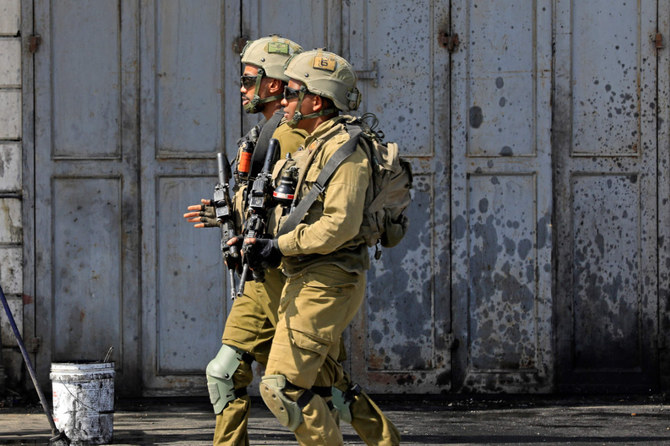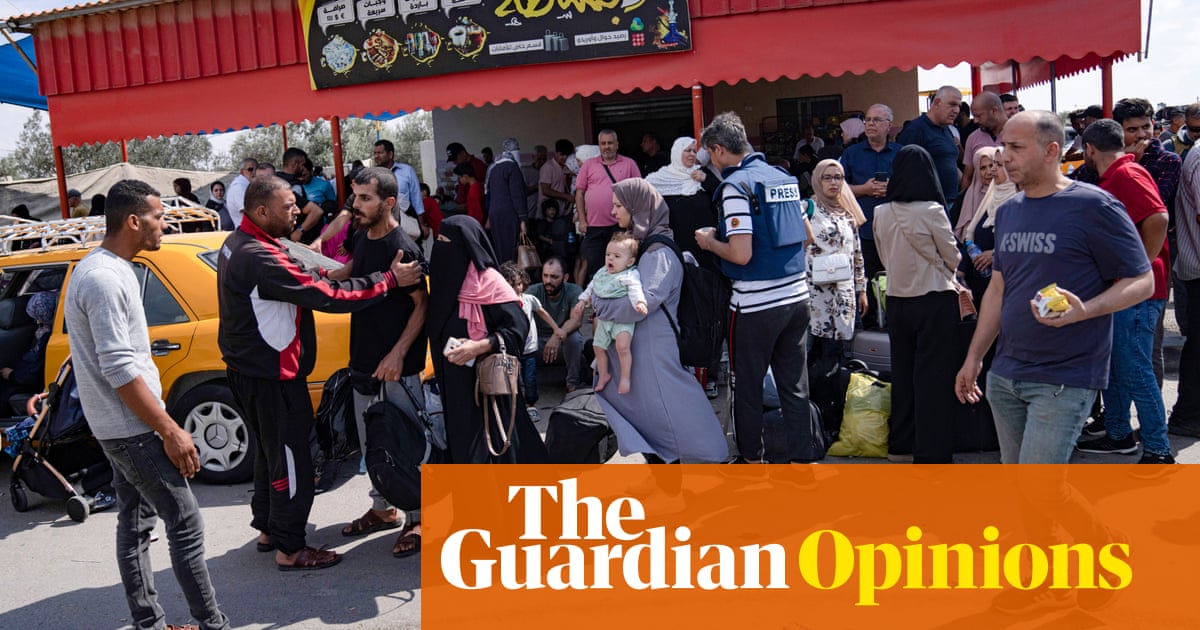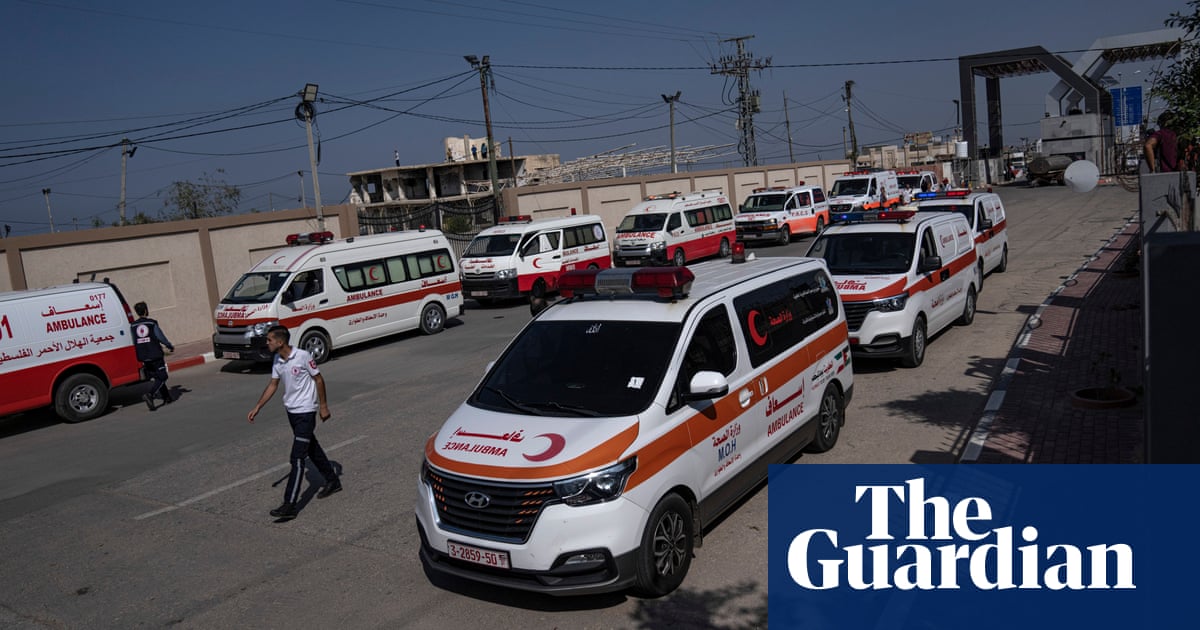
As in Akira Kurosawa’s acclaimed film, “Rashomon,” where the four different witnesses of an heinous crime provide four mutually contradictory versions of events, there are many — too many — versions about who carries responsibility for the lack of a solution to the Israeli-Palestinian conflict and for the suffering caused by it. It is mainly a blame game that lacks an end game outlining a peaceful path forward to resolving it. However, under these circumstances there are certain acts and behaviors that are unequivocally and unacceptably wrong, and last week’s pogrom committed by Jewish settlers against the Palestinian residents of the town of Huwara is one of them. Justifying such an act as revenge for the earlier killing of two settlers, as condemnable as that was, is a contemptible excuse, and those responsible for this barbaric act should face the full force of the law.
We are barely two months into 2023 and already 66 Palestinians — militants and civilians — and 13 Israelis, one of them a paramilitary police officer, have been killed, and this is before we enter into the tense period when the holy festivals of Ramadan, Passover and Easter will take place in close succession. Much of what is taking place in relations between the Israelis and the Palestinians is disturbing, especially when non-combatants are on the receiving end, but the scenes of 400 Israeli settlers rampaging through the Palestinian West Bank town of Huwara and setting ablaze houses and cars are the most alarming for a very long time. These extreme elements among the settlers seem to have prepared their attack well in advance and were looking for an opportunity to carry it out. The two settler brothers had been killed when a Palestinian gunman, who was reportedly wearing a shirt bearing the insignia of the Nablus-based Lions’ Den militant group, six of whose members were killed during an Israeli raid while five other civilians including two elderly men were killed in the same raid, shot them as they were stuck in a traffic jam in Huwara. In this cycle of violence, with hardly anyone in either community willing or capable of putting their full weight behind containing it, the next loss of life is only a matter of time.
What is most frustrating is that this deteriorating security situation is taking place in circumstances both predictable and preventable. With the formation of the most far-right, provocative and anti-Palestinian government in Israel’s history, the writing that has been on the wall for a long time has become even more ominous. On the Palestinian side, it deepens their despair of Israel’s oppressive occupation ever coming to an end, and also of their own leadership playing any positive role in improving any aspect of their lives. Consequently, the hubs of the armed struggle are beyond the traditional Palestinian centers of power, and there are now independent groups or even individuals carrying out attacks. Within Israel, the main worry is of the government committing a judicial coup, but many of those who protest against it are too short-sighted to see the link between the erosion of Israel’s democracy and the occupation and oppression of Palestinians. In the near term, of even greater concern is the belief among Israeli settlers in the West Bank, and not an unsubstantiated one, that at last they have a government that truly represents them and will implement their religious-messianic ideology, which will turn a blind eye to, if not facilitate, terror attacks on Palestinians at will as they behave as an armed militia while the IDF is either unwilling or too afraid to stop them.
To commit a pogrom against innocent people in Huwara is a particularly unacceptable and unforgivable act of terrorism.
Yossi Mekelberg
Grief, even anger at the killing of two young settlers, regardless of how clearly damaging the settlements are for Israeli–Palestinian relations, is understandable, but to commit a pogrom against innocent people in Huwara is a particularly unacceptable and unforgivable act of terrorism. By torching cars and houses, and not for the first time, this gang of racist zealots were clearly prepared to burn entire families alive. It was through sheer luck and the initiative of local people and emergency services that they were led to safety, and that an even worse tragedy did not take place. This group of settlers might be relatively small in number, but they practice and weaponize a most dangerous and distorted version of Judaism and Zionism, which acts in direct defiance of the authority of the state. The representatives of these settler militias boast of the atrocities that they are more than happy to carry out while the security forces don’t dare to, according to them.
Ironically, on the very same day of this outburst of violence, senior officials from Jordan, Egypt, Israel, Palestine and the US met in the Jordanian coastal town of Aqaba to discuss how to quench the burning conflict between Israel and the Palestinians, but their joint communique comes across as something between desperation and wishful thinking. De-escalation of the situation, committing to past agreements, avoiding unilateral measures and confidence-building moves are all commendable objectives, but didn’t these horses bolt a long time ago? What stands out about this meeting is that it took place at all, as things seem to be falling apart as both the PA and the Israeli government are losing ground to non-state militant groups that take the law into their own hands, be they Lion’s Den or some among the settlers. One could welcome stopping unilateral actions, but legalizing outposts or expanding settlements is one of the pillars of the Israeli coalition government’s agreements. In his flippant and customary irresponsible manner, Israel’s Security Minister Itamar Ben-Gvir said: “What happened in Jordan (if it happened), will remain in Jordan,” in other words he and his party have no obligation to adhere to it, while other right-wing politicians expressed sympathy with the vandals who attacked Huwara, not to mention several who encouraged such criminal acts.
At this rate, the sympathy that large parts of the world have shown throughout the years for Israel’s security concerns is going up in flames together with the burning houses in Huwara. It is first and foremost for every decent Israeli to distance themselves from these settler-terrorist gangs, and for the authorities to stop handling them with kid gloves and make sure that they are brought to justice.
• Yossi Mekelberg is professor of international relations and an associate fellow of the MENA Program at Chatham House. He is a regular contributor to the international written and electronic media.
Twitter: @YMekelberg












